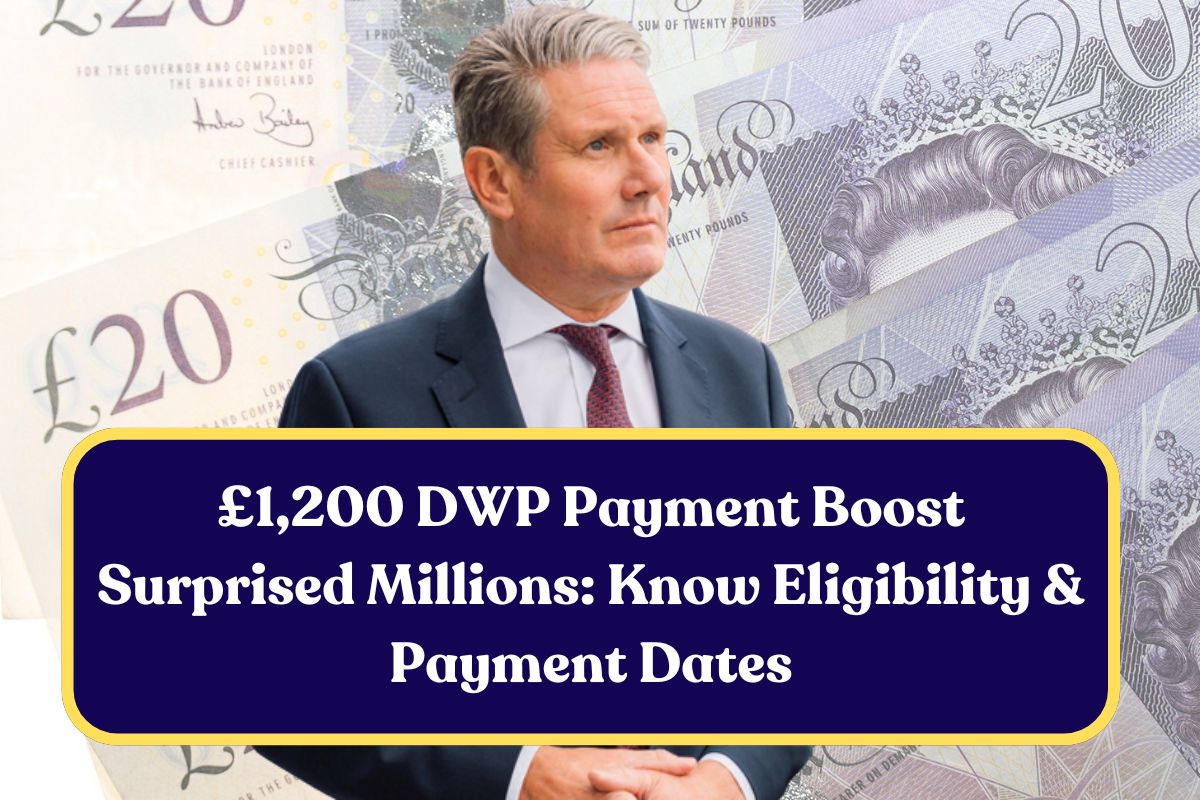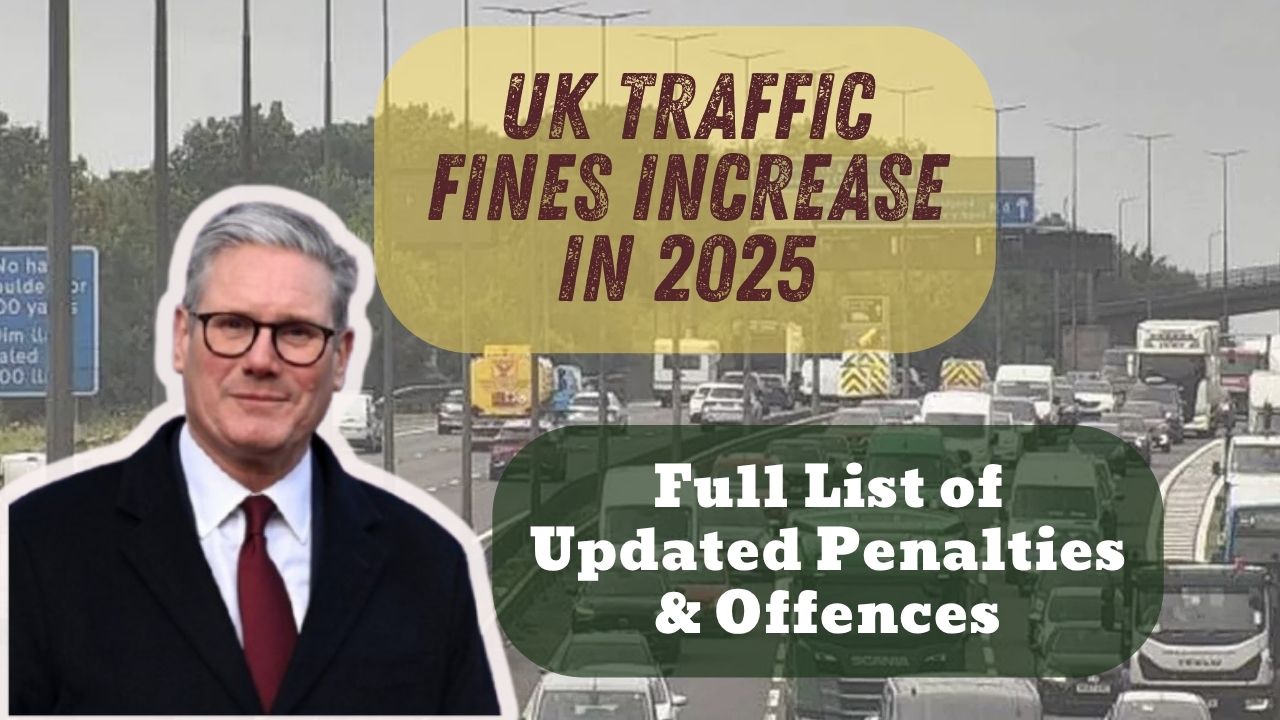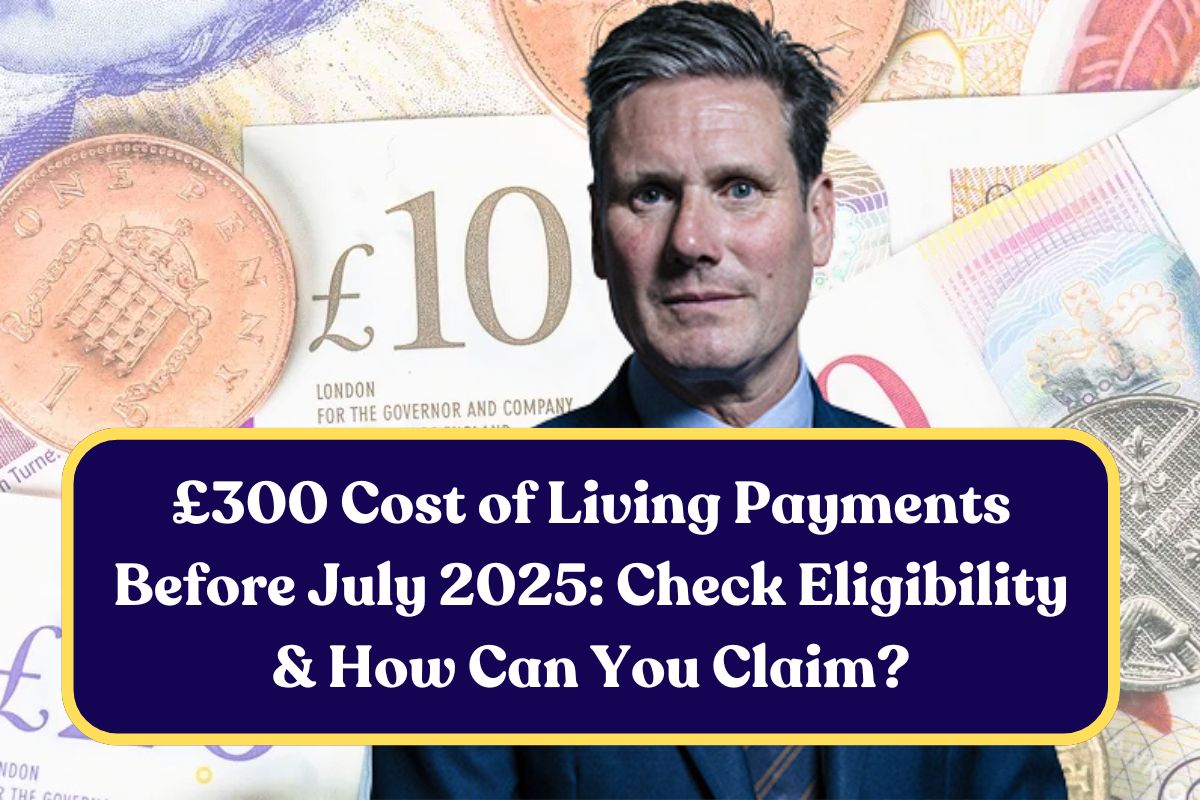The announcement made by the DWP, millions of Universal Credit plaintiffs are set to get the guaranteed extra pay rises each year under the Labour Party government’s plans. The Department of Work and Pensions confirmed a £725 payment for the claimants by 2029. This benefit will help entities in coping with the rising cost of living.
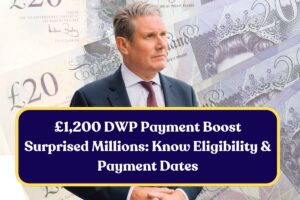
This change by the department aims to ensure that applicants will receive more consistent income, with the significant rises outlined in the new DWP Bill. In this article, we will get to know about the eligibility criteria, the application process, and other information about the £725 payment.
DWP Announces ‘Guaranteed’ £725 Payment
The announcement of a guaranteed £725 payment will come at a time when millions of claimants across the UK are struggling with inflation and the cost of living. This move is a part of the ongoing strategy of the government, which also addresses social security and poverty. It is assessed that almost 4 million households will achieve these benefits due to a rise in the standard rate of universal credit. The new DWP bill describes how the standard allowance will be adjusted every April for the next four years.
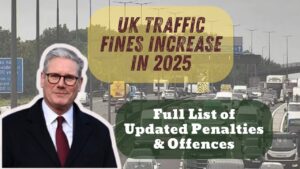
These changes will benefit those individuals who are not disabled or suffering from any illness, and these increments will especially benefit single individuals who get a boost of a £725 payment by 2029-30. The shift in policy is a part of the main and broader welfare reforms promised under the Labour Party, which aim to address the crisis of rising cost of living. The increase in universal credit is intended to mitigate the pressure of inflation that continues to affect the household budgets faced by vulnerable individuals and groups in society.
£725 Guaranteed Payment by DWP -Overview
| Article on | DWP announces ‘guaranteed’ £725 payment |
| Country | United Kingdom |
| Program name | Department for Work and Pensions |
| Eligibility | Single household |
| Amount | £725 |
| Bill passed | June 18, 2025 |
| Payment Date | By 2029/30 |
| Category | Government aid |
| Official website | Gov.uk |
What is Universal Credit?
Universal credit is a new initiative by the government that offers financial support to help people with low income, the unemployed, and those who are unable to work due to health conditions. Every year, the payment will be adjusted based on inflation to keep pace with the rising cost of living. It replaces six previous legacy benefits, which include;

- Working Tax Credit
- Child Tax Credit
- Jobseeker’s Allowance (income-based)
- Income Support
- Employment and Support Allowance (income-related)
- Housing Benefit
These benefits are combined into one streamlined payment that is designed to ease the process of the welfare system for the people, so that they can understand and manage their finances. The payment of universal credit includes;

- A standard allowance that is based on the age and relationship status of applicants.
- Also include additional extra payment for the housing needs, children, and disabled people.
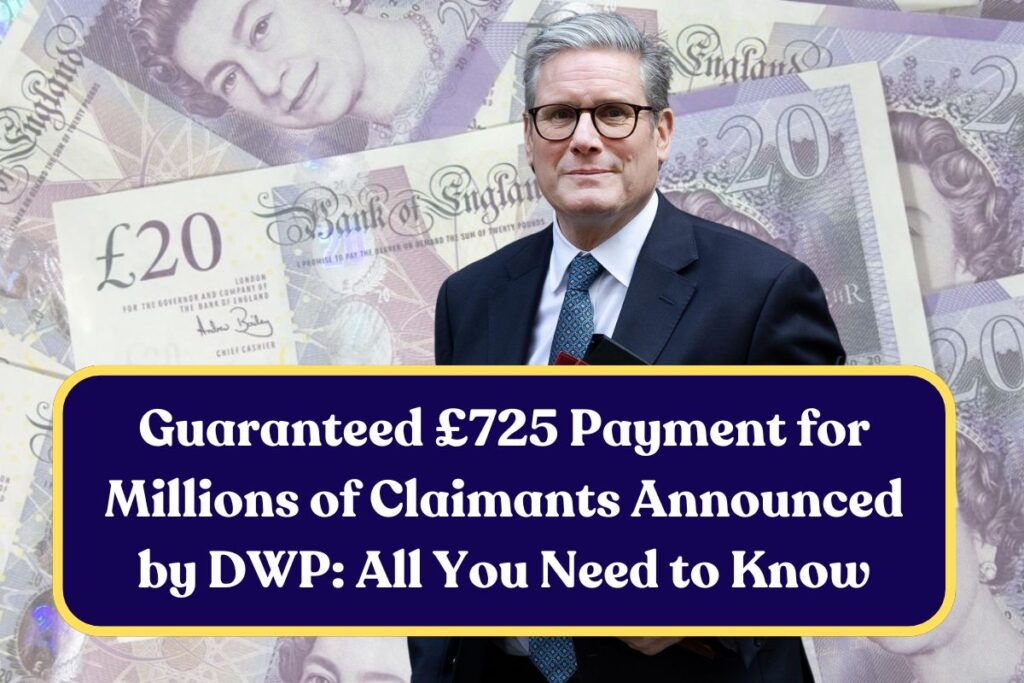
Eligibility Criteria for claiming Universal Credit
If you are on a low income or need assistance with your cost of living, then you may be able to get the Universal Credit. These are the requirements that you have to satisfy to pass the entitlement criteria:

- The candidate can file a claim for Universal Credit if they are working which including self-employed or part-time.
- If the candidate is not able to work because of medical conditions, then he can claim for it.
- To claim, you have to live in the UK.
- The applicant must be 18 or older in some exceptional cases if you are 16 to 17.
- You have to be under State Pension Age.
- If you have over £16000 in savings, then you may not be qualified for these benefits.
To receive the £750 payment individual must receive universal credit. To receive this payment, you do not need to specifically apply for it, as the payment will be automatically transferred to your bank account.
Details in the DWP Payment Increase
The new bill states how the standard allowance will be adjusted from April 2026, annually. It stated that by 2030, the claimants of universal credit will receive almost 5 % higher, which will help to cope with inflation. The recommended increase in the Universal Credit is as follows.
- 2.3% for 2026-27
- 3.1% for 2027-28
- 4.0% for 2028-29
- 4.8% for 2029-30
These changes reflect a significant rise in comparison to standard inflationary increases that have applied in recent years.
Final Thoughts
The change in DWP policy means that almost 4 million households will gain these benefits due to an increase in the standard rate of universal credit. Increasing inflation and rising cost of living, which have considerably stretched household budgets across the UK, have encouraged the UK government to introduce a new initiative intended to reduce the effect of these rising expenses.
It is assessed that almost 4 million households will achieve these benefits due to a rise in the standard rate of universal credit. So, if you are an existing beneficiary under Universal Credit, then it is important to consistently check the payment status, and if you face any problems, you can contact the Universal Credit helpline.
| Official Website | Click Here |
| Homepage | moyle-council.org |
FAQs
How to claim the £725 payment?
There is no need to apply for the £725 payment specifically if you are already a beneficiary under the Universal Credit; the changes are applied automatically to the existing claims.
When will you see the DWP £725 payment in your account?
The increments will especially benefit single individuals who get a boost of a £725 payment by 2029-30.
What if my DWP £725 payment will not receive on time?
If your payment is delayed, then you should first check your bank account to confirm, and after that, contact the DWP to report it.
